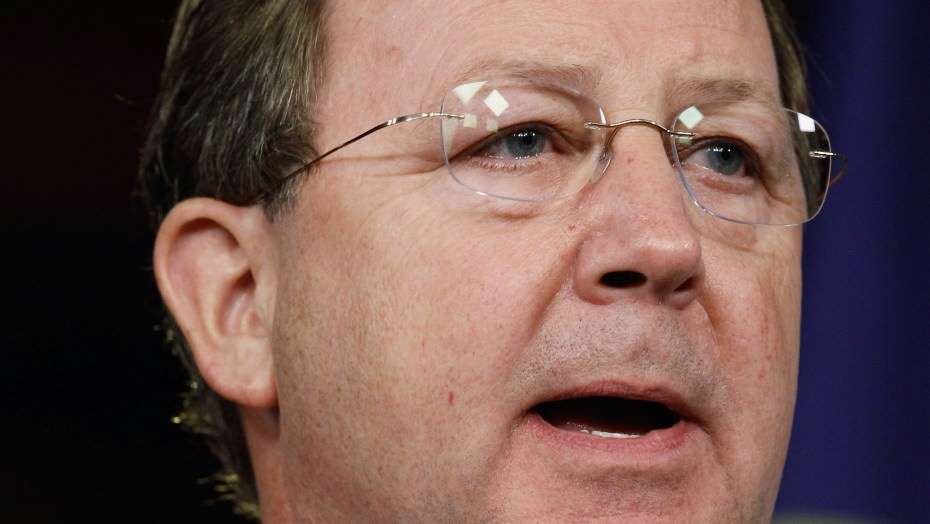Are Defense Hawks Reconsolidating Power in the House GOP?
Washington Free Beacon put a depressingly pro-defense-spending spin on the results of this week's Republican Study Committee chair elections:

Defense-oriented conservatives won out in races for the chairmanships of key House panels, and in at least one case, a member's perceived weakness on defense issues may have scuttled his bid to lead an influential bloc of House conservatives.
Tuesday's leadership elections, which will determine some of the most influential lawmakers of the 114th Congress, could prove another setback for what was once perceived as a rising tide of libertarianism in the GOP and an accompanying aversion to military intervention and defense spending.
That sort of noninterventionist position contributed to the defeat of Rep. Mick Mulvaney's (R., S.C.) bid to lead the Republican Study Committee, a 173-member bloc of the party's most conservative members.
RSC elected Rep. Bill Flores (R., Texas) as chairman on Tuesday. He took 84 votes to Mulvaney's 57 in the second round of voting.
"Pro-defense Republicans, led by Rep. [Trent] Franks [(R., Ariz.)], rallying played strong role in torpedoing Mulvaney," said a House Republican aide with knowledge of RSC's deliberations. "Republicans are taking back their signature issue, national security," the aide said.
More deep thought on the whats and whys of that RSC election from The Hill, where Florida's Idaho's Raul Labrador blames House leadership on manipulating the results, and National Journal, which sees it in a larger context of "serious firebrand cons v. more mainstream GOP leadership."
I blogged on some RSC cons v. establishment drama last year.
Nick Gillespie noted earlier this month: "Just How Quickly will GOP Try to Ramp Up Defense Spending? Super-Quickly."


Show Comments (8)